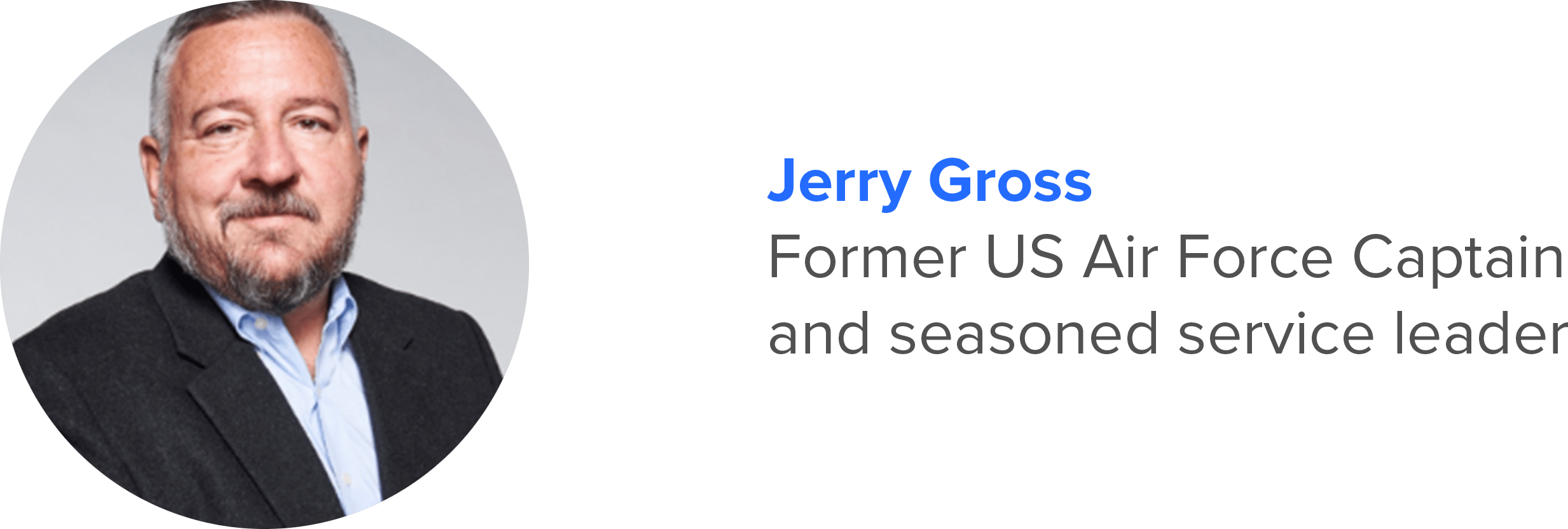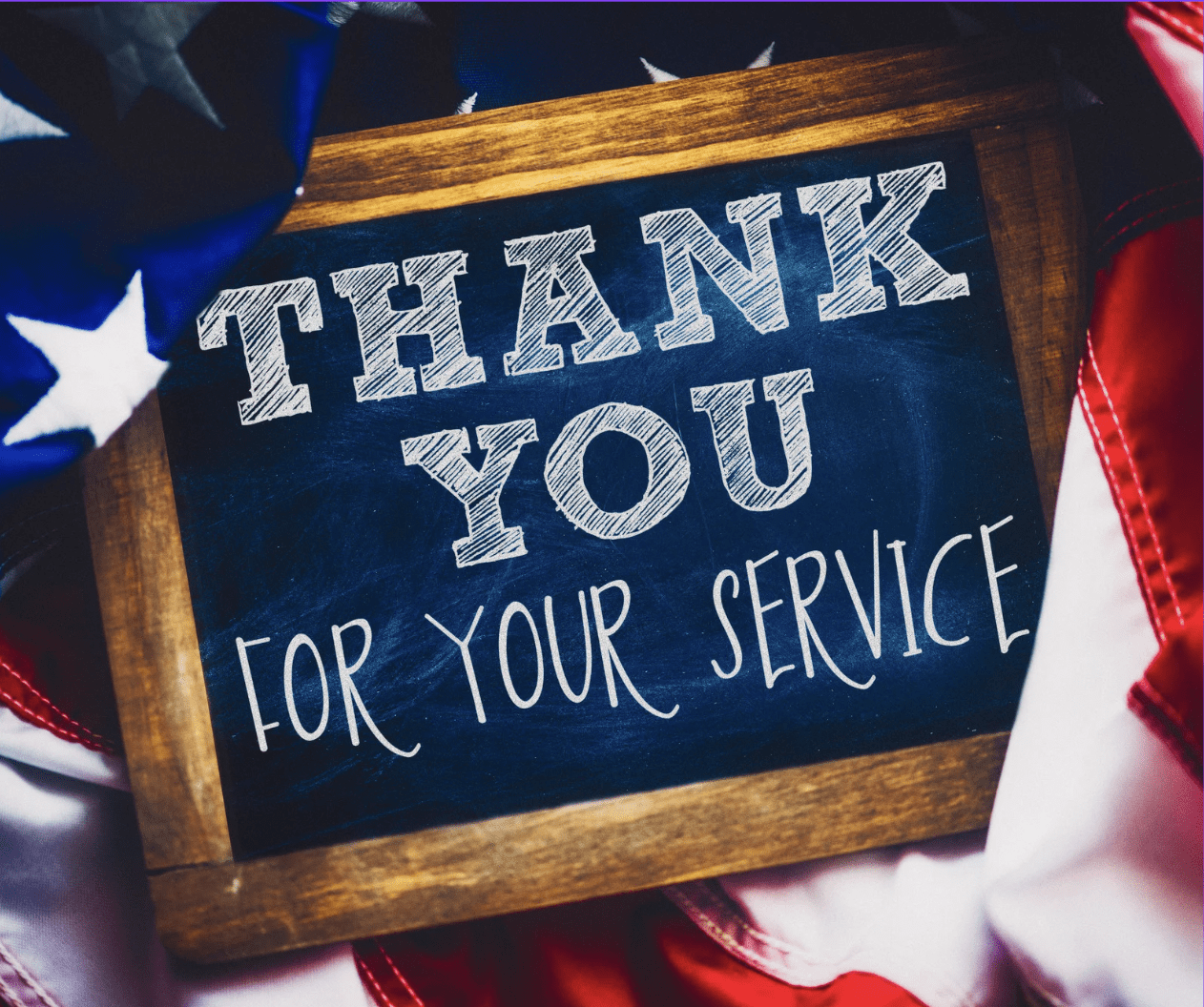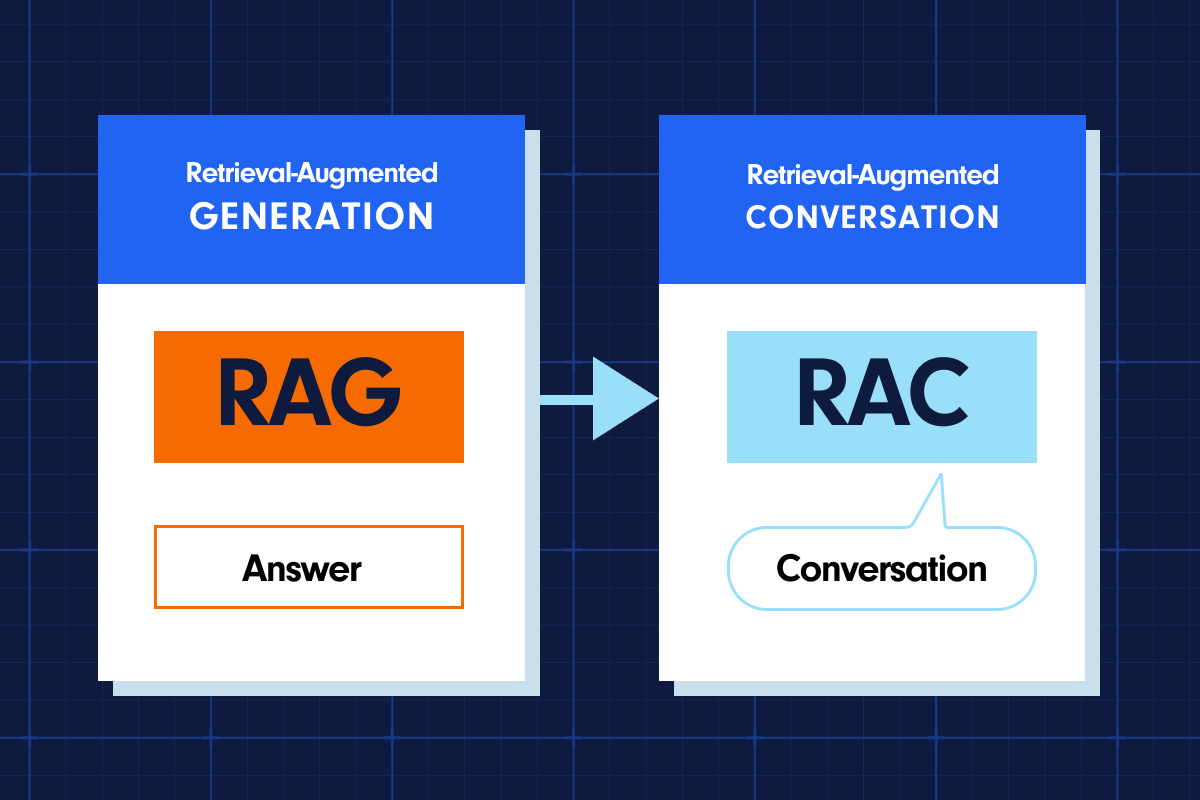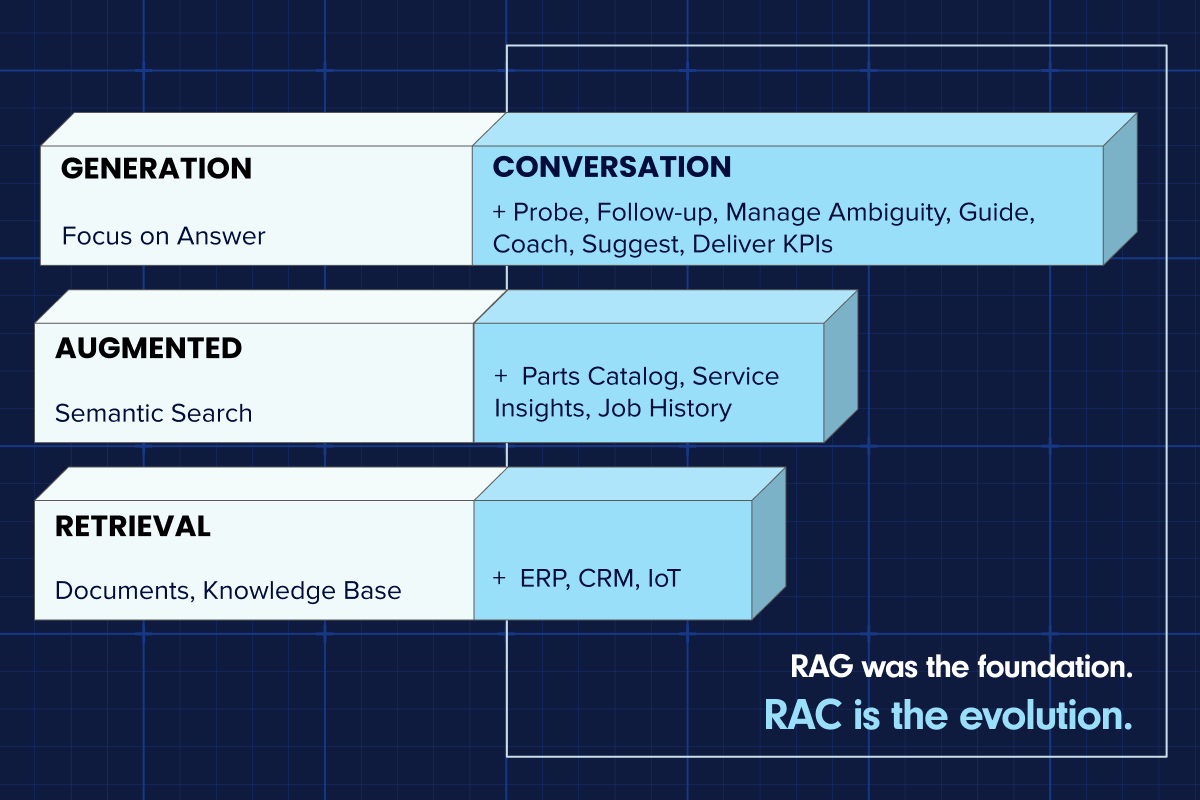In honor of Veterans Day, we sat down with Jerry Gross, a former US Air Force Captain and seasoned service leader with a career spanning several decades. Jerry’s journey took him from developing missile systems in the Air Force to leading global service businesses in high-tech companies. Today, he leverages his experience to consult with technology companies on building and managing service organizations. In this Q&A, Jerry shares his reflections on his military experience, its impact on his career in field service, and the lessons that continue to shape his approach to leadership.

Early Experience and Transition
Q: Could you share a bit about your time in the US Air Force and your main responsibilities there?
Jerry: I went on active duty as a 2nd Lieutenant right after graduation, working as a systems development engineer. I was stationed at Eglin AFB in Florida under what was then called Air Force Systems Command. My responsibility was to lead the development of rocket motors and warheads for missiles used by the Air Force and Navy. This role required working closely with military users and contractors to ensure that the missiles met technical, cost, and schedule requirements. I did that for four years before separating from the Air Force as a Captain in 1987.
Q: What prompted you to transition from a military career to field service? Was there a particular moment or inspiration?
Jerry: Deciding to leave active duty was a difficult choice, but I had a family by then, and I felt it was the best decision for them. I initially continued my work in missile systems as a Program Manager in the defense industry. However, in 1995, I transitioned into the high-tech industry and the service business, which became my core focus for the remainder of my career. So, it was a roundabout path, but I found my true calling in services.
Skills and Lessons from the Air Force
What are some of the most valuable skills or lessons you learned in the Air Force that prepared you for a career in field service?
Jerry: So many things! There’s a saying that you never really take the uniform off, and I found that to be true for me. Veterans have a broad range of experiences depending on their roles, but some shared characteristics include:
- Confidence: The military provides early responsibility, which instills a level of confidence that might not be common at that point in a civilian career. This early testing prepared me to embrace responsibility head-on.
- Accountability: Veterans often bring an extraordinary level of ownership and passion for success. While not unique to veterans, it’s a common trait that I’ve carried throughout my career.
- Leadership: In the military, leadership is not about posturing but about service to your team. I learned to be flexible in my approach, tailoring my leadership style to fit each team member’s capabilities and challenges.
- Adaptability: I faced many “sink or swim” situations early in my career. For example, at just 23 years old, I was sent to review a contractor’s work on a business trip. My boss’s advice was simple: “If they can’t explain it to you clearly, then they probably don’t understand it either.” That gave me the confidence to navigate new and challenging situations.
Q: How did having to adapt quickly to new situations translate into your work in field service?
Jerry: Every day is a new day in field service! Because we are so close to the customer, we feel their changing dynamics and must continuously make good technical and business judgments while maintaining relationships. Success in this field demands a flexible mindset. This applies just as much to leaders as to practitioners—perhaps even more so. Adaptability is essential in field service.
Career Insights and Challenges
Q: The Air Force emphasizes leadership and working as part of a team. How did those experiences shape the way you collaborated with colleagues or managed teams in field service?
Jerry: As I mentioned earlier, leadership is a service you provide to your team. Applying the principle of situational leadership—tailoring your style to each teammate—is critical. In field service, while we design processes to achieve intended outcomes, real life is often more complicated, requiring judgment and empowerment.
I always worked to ensure that everyone in the organization clearly understood our strategy. Once that’s in place, the team is empowered and required to make decisions aligned with the strategy. If a situation requires a decision outside of it, that becomes an escalation to the appropriate leader. This approach builds an agile team capable of thriving in a dynamic environment while fostering individual growth, which is crucial for long-term success.
Q: If you could share one piece of wisdom with younger veterans just entering the workforce, what would it be?
Jerry: Some of us will find roles in business that closely match our technical experience from the military, but for most, the civilian job landscape will look very different. It’s essential to step back and consider the broader perspective of what you’re bringing to the workplace beyond the immediate job requirements. Reflect on the unique qualities in your “personal toolbox” that can help you thrive in this new environment. Think about your intangibles—your mission-focused mindset, emotional intelligence, and commitment to service.
In both business and the military, true success often comes from prioritizing the needs of others within. This approach fosters loyalty, which fuels growth, reinvestment, and ultimately better service—a cycle that benefits everyone involved. And remember, you are in charge of your own career path. Embrace that responsibility, and you’ll create opportunities for growth and fulfillment.







